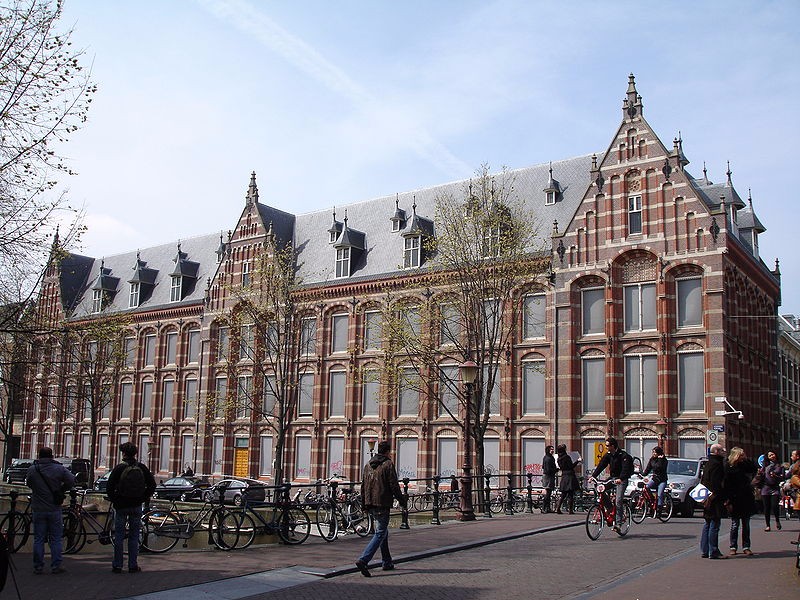The study Read more [...]
Science Communication
Course Category: Master and Master of Science
-
Focus of Study
This programme is meant for those with a broad interest in current affairs, social issues and public debates relating to scientific matters. If you also have a background in the exact sciences, then the Master’s specialization in Science Communication may be just the programme for you! This specialization consists of one year of science courses (in subjects of your choice) and one year of Science Communication courses.
In addition to learning how to conduct research in science communication, you will learn how to write journalistic articles, design web pages devoted to science communication and design museum exhibitions. You will also learn to take a critical attitude to science and to further develop your skills in translating scientific information into popular discourses.
Course Description
Science Communication is a one-year track embedded in the Master’s programmes: Biology, Biomedical Sciences, Earth Sciences and Management, Policy Analysis & Entrepeneurship in the Health and Life Sciences.
The specialization in Science Communication is part of a two-year master’s program. It prepares you for occupations at the interface of science, technology and society: occupations that require a critical, academic attitude and the skills to contribute to a fruitful dialogue between science and society. This programme is designed for those who see themselves working in the future as science journalists in a newspaper or popular scientific journal, as well as for those who aspire to a career as a communications consultant for a biomedical company, content manager at a science museum, or PR employee at a conservation organization.
Your first follow for one year the regular program of the master of your choice (60 EC) to deepen your knowledge. Afterwards you do a year of specialization (60 EC) at the Athena Institute of the Vrije Universiteit.That year is as follows:
Semester 1
- Qualitative and quantitative research methods
- Science and Communication
- Science Journalism or Communication, Organisation and Management
- Science in Dialogue
- Science Communication through museums
Semester 2
Research internship or Practice Internship at work plus theoretical thesis
Potential careers
- Science journalist
- PR manager
- Head of a science museum
- Communications advisor at a biomedical company
- Communications strategist for Greenpeace

